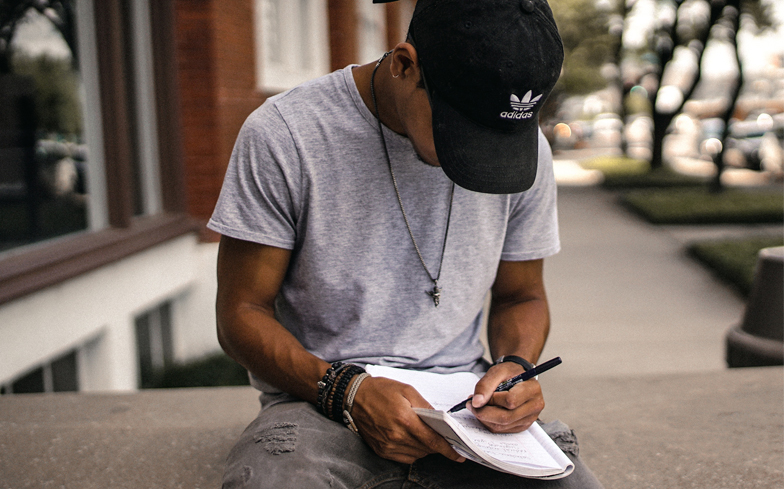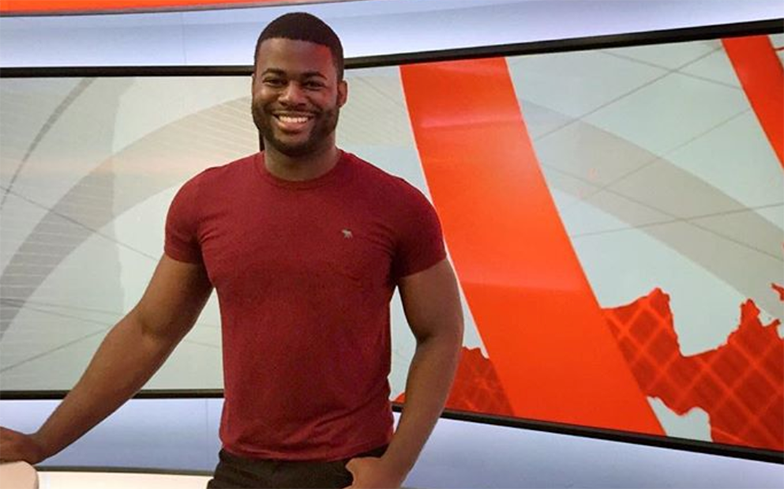
Warning: This article contains details of sexual abuse that some readers may find distressing.
A new report from the All-Party Parliamentary Group (APPG) for Adult Survivors of Childhood Sexual Abuse has found that the government is failing both the black and LGBTQ communities when it comes to childhood sexual abuse.
The group heard from 365 survivors, with only a quarter of them saying the NHS met their needs and only 16% saying the police guided them toward support services.
The chair of the group, Sarah Champion, said the APPG would look into the issue further, adding that the government are “clearly not serving the black and LGBT community when it comes to supporting adult survivors of sexual abuse.”
The BBC’s LGBT correspondent Ben Hunte looked into this report, also shared his own personal story.
“Black and LGBT survivors of sexual abuse are being failed by the government,” he wrote. “So many stay silent. I know – because I was until today. Childhood trauma is nothing to be ashamed of. I really hope my story can start a conversation.”
Black and LGBT survivors of sexual abuse are being failed by the government. So many stay silent. I know – because I was until today…
Childhood trauma is nothing to be ashamed of. I really hope my story can start a conversation.pic.twitter.com/DIVDaGCseN
— Ben Hunte (@BenInLDN) May 9, 2019
Sharing an experience, Chris (not his real name) said that after being raped he “became withdrawn completely. I just changed and it shaped my personality today.”
Chris was groomed by a prefect at his school when he was 11. His abuser was 19 years old, and Chris considered him to be a friend. “He asked me to take my pants off and I had no control. I took my pants off and then he raped me,” he said.
Chris felt unable to address his attack with people in his family or school. “I didn’t address it, and because I didn’t address it, it didn’t go away,” he said.
Sharing his own story, Ben wrote: “He [Chris] is not alone. I was sexually abused as a teenager by someone older who I trusted.
“When I looked for help, I could not find any. I even tried to find something to show that I was not the only black man out there who had been abused as a young person, but discovered nothing.
“After having a breakdown at university I was made to see a therapist, but many black men never speak up.”
Ben spoke to other survivors, some of whom mentioned a culture in their communities being one of the reasons they stayed silent. Solse Sowah is a survivor, and he said: “Coming from a culture where, you know, you shut up and put up.
“Whatever you talk about, it keeps within the family. To honour those values, you don’t talk about your situation. I grew up in a culture where what’s kept is said between the family, if it even gets said.
“But going to therapy, speaking to anyone outside, ‘Ooh, na, na. None of that’.”
Chris’s comments on being unable to find anyone match with Solse’s experience. “I just don’t know where to go,” he explained.
“I think if I had a black GP or a black therapist I could easily relate to them. You know, it’s easy to relate to someone who gets you. It would make a huge difference.”
Kevin, another survivor, felt this lack of support extended to charities, with there not being specific ones for black male survivors and pre-existing charities not understanding cultural differences.
“If I saw a documentary or imagery of sexual abuse growing up that had black men where they spoke out, it probably wouldn’t have taken me 30 years to come forward,” Kevin explained.
If you have been affected by any of the issues in this story, the BBC’s Action Line has a variety of number and websites or charities to get in contact with.




